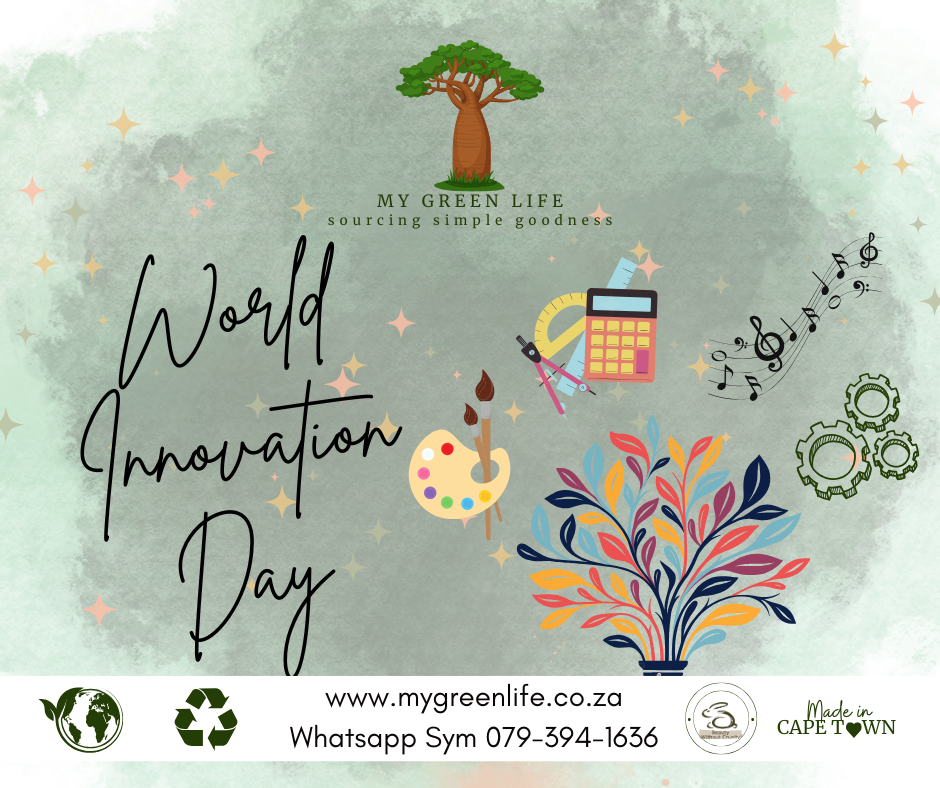21 APRIL : WORLD CREATIVITY AND INNOVATION DAY
World Innovation Day is designated as World Creativity and Innovation Day to raise awareness of the role of creativity and innovation in all aspects of interpretation from artistic expression to problem-solving in the context of economic, social and sustainable development. The 2022 UNESCO report, Re-Shaping Policies for Creativity – Addressing culture as a global public good offers insightful new data […]
World Innovation Day is designated as World Creativity and Innovation Day to raise awareness of the role of creativity and innovation in all aspects of interpretation from artistic expression to problem-solving in the context of economic, social and sustainable development.
The 2022 UNESCO report, Re-Shaping Policies for Creativity – Addressing culture as a global public good offers insightful new data that shed light on emerging trends as well as putting forward policy recommendations to foster creative ecosystems that contribute to a sustainable world by 2030 and beyond.
Green technologies are those used to produce goods and services with smaller carbon footprints & are growing and providing increasing economic opportunities. Through its Technology and Innovation Report 2023, UNCTAD calls on governments to align environmental, science, technology, innovation and industrial policies.
Culture is an essential component of sustainable development and represents a source of identity, innovation and creativity for the individual and community. At the same time, creativity and culture have a significant non-monetary value that contributes to inclusive social development, to dialogue and understanding between peoples. Today, the creative industries are among the most dynamic areas in the world economy providing new opportunities for developing countries to leapfrog into emerging high-growth areas of the world economy.
Scientists in South Korea have recently developed a new method of decomposing one of the world’s most common types of plastic, Polyethylene terephthalate (PET) plastic which is one of the more invasive types of plastic used in everyday items like water bottles, clothing, seatbelts etc. PET plastic us usually made from crude oil and causes harm to the environment at every stage of its production as well as its life cycle. These scientists have developed a biocatalyst which is able to breakdown plastic in a way that mimics how natural substances decompose.
This innovation could have major implications in plastic recycling methods.
While it is still vital that society moves away from traditional plastic products there is still a huge amount of oil-derived plastic in use and it is imperative for us to recycle these plastics so that they do not pile up in landfills and in the ocean.
This is certainly not the only innovation to make headlines. Here are two (2) more –
Desalination may not be a new concept but difficult to adapt to due to the high costs. An Israeli company, Sorek, has built the largest desalination plant proving that it is possible at a large scale, to cut costs. This innovation could help resolve California’s drought as well as the global water crisis.
Online Genetics testing is yet another innovation which will enable individuals to understand their predisposition to certain diseases giving individuals the insight to their health. This is however, still in the developmental stage at the Helix, Illumina and Veritas Genetics Laboratories.








 EN
EN

